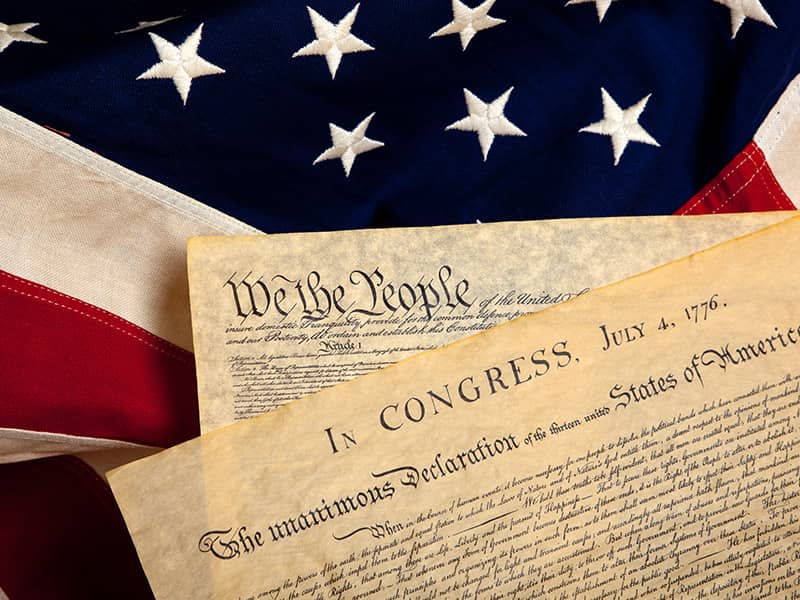This "God Gulf," in the words of New York Times columnist Nick Kristof, is reflected in polls like this recent one from Pew Center for People and the Press: 64 percent of those who attend church more than once a week intend to vote for President Bush while 66 percent of those who never attend plan to vote for the Democrat - a whopping 32 point gap. Columnist Robert Novak refers to the "highly secularist" nature of the Democratic Party, echoing an article in the Public Interest magazine called "Our Secularist Democratic Party."
But there is no God Gulf. It's a myth. Yes, there are significant differences between the approaches of Democratic and Republican voters on religion, but much political analysis has misstated what's actually going on.
What we have seen is not a faith gap but a church attendance gap. Study after study have indeed showed that those who attend worship services regularly do vote Republican and those who don't, vote Democratic. For instance, the 2000 National Survey of Religion and Politics showed that 51.9 percent percent of Republicans attend weekly compared to just 37.4 percent of Democrats. This attendance gap appears even to have widened as we move toward the 2004 election.
But church attendance is just one aspect of religiosity. When that same poll asked about "prayer outside of worship" the gap shrunk dramatically, with 67 percent of Republicans and 61 percent of Democrats reporting that they pray daily or more often.
In other words, most Republicans and most Democrats pray, believe in life after death, and find religion important. The vast majority of people in both parties are, in fact, religious or spiritual.
So what are we to make of the substantial-and growing-worship attendance gap? It indicates that Republicans tend to rely far more on organized religion and Democrats tend to find spiritual nourishment through less formal means. We can't know which approach makes for a closer relationship with God, but it is clear which type of voter is politically more valuable. Those who attend houses of worship regularly are more likely to turn out on election day, so the Republican strength with that group is a real tactical advantage. This is also why African-Americans are so important to the Democrats: without the church connection, black turnout would be much lower.
While Republicans have the edge with the highly religious (including the fabled "religious right"), Democrats do better with secular people (including atheists, agnostics and those indifferent to religion).
But it would be a big mistake for Democratic candidates to think its party faithful is faithless. Such an approach could alienate large numbers of their loyal followers, not to mention independents and swing voters. Sitting in the pews may not be important to many Democrats, but God and prayer are. In fact, talking about faith may be critical for Democratic candidates to overcome the attendance gap.As has been often noted, in close elections, campaigns tend to focus less on moving the swing voters and more on turning out the base. But that has its risks. If Republicans become viewed as too much the party of the religious right or if Democrats pander to their secular faction, they will both be moving away from where the vast majority of Americans are: religious and spiritual.

